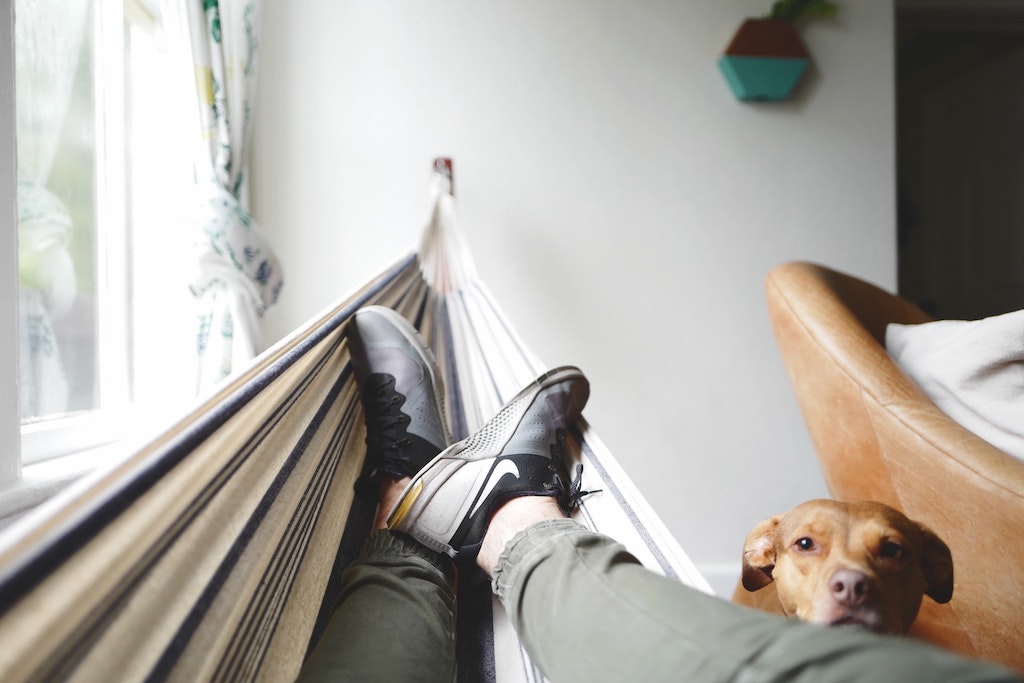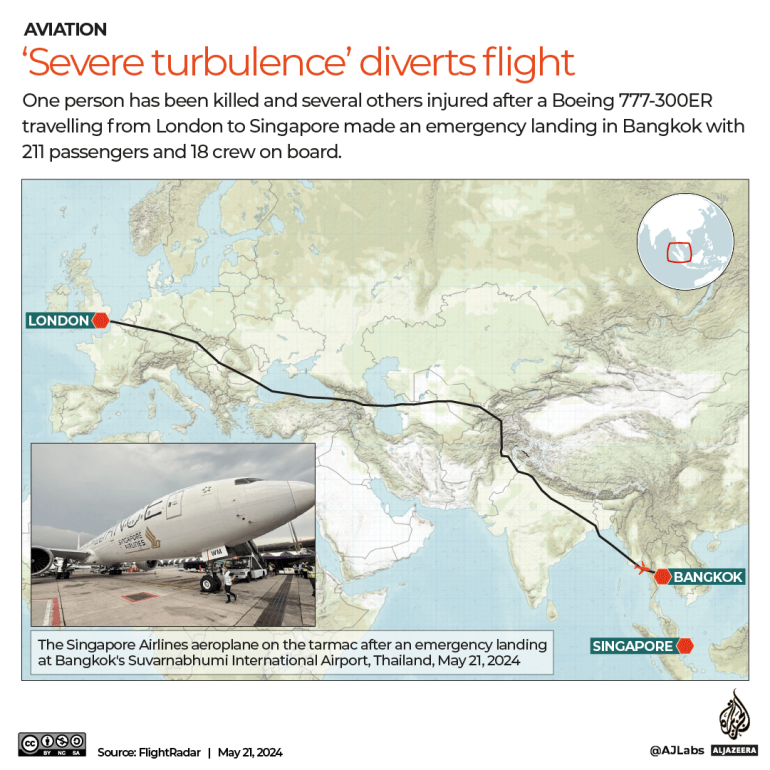The National Environment Agency (NEA) calls for urgent stepped-up community action against dengue – necessary even amidst the COVID-19 (Coronavirus Disease 2019) circuit breaker period. The total number of dengue cases in 2020 as at mid-April is already close to 5,800, more than double that over the same period in 2019. With the traditional dengue peak season coming up from May to September, the number of dengue cases in 2020 is projected to exceed the 16,000 cases in 2019, unless immediate measures are taken to suppress the Aedes mosquito population. With most people working from home during this circuit breaker period, home owners and occupants are advised to pay more attention to any mosquito breeding at home, take the necessary steps to remove breeding sites, and ensure proper housekeeping. Outside of homes, NEA will be stepping up its inspections of common properties, especially drains, as well as construction sites, where construction site operators continue to be responsible for vector control measures to be undertaken at all times.
The number of weekly dengue cases remain high, hovering around 300 to 400 cases per week, and continues to be a public health concern. The unusually high number of dengue cases before the typical peak dengue season (May to September), may increase the momentum of dengue transmission if there is a sustained change in the predominant Dengue virus serotype from current Dengue virus serotype 2 (DENV-2) to Dengue virus serotype 3 (DENV-3). Separately, the Ministry of Health (MOH) has been notified of five dengue deaths so far in 2020. The five death cases were of ages ranged between 60 and 80 years, and all resided or worked within dengue cluster areas. In 2019, 21 dengue deaths were reported to MOH. Given the current situation, we must maintain vigilance and sustain our vector control efforts, especially as we enter the warmer months ahead.
Raising the standard of personal hygiene, public hygiene and social responsibility are critical components in our line of defence against the spread of COVID-19. They also contribute to mitigating the spread of other diseases, such as dengue. Even in the midst of the current COVID situation, close attention should be paid to good housekeeping, as well as proper upkeep and maintenance of premises and common properties, to prevent mosquito breeding and break the transmission chain of dengue.
Good Housekeeping Critical During this Circuit Breaker Period
As more people are working from home during this circuit breaker period, home owners and occupants are advised to pay more attention to any mosquito breeding or adult mosquitoes present in their homes, and take the necessary steps to prevent or remove them. NEA has observed a 50 per cent increase in Aedes mosquito larval breeding found in homes over the past three years, compared to in the preceding three years. We urge everyone to be vigilant and to frequently check for common potential mosquito breeding habitats, such as pails, dish trays, flower pot plates/ trays, vases, and ornamental containers. Clean and stagnant water in residents’ homes, as small in volume as the size of a 20-cent coin, can be potential mosquito breeding habitats. We also strongly urge homeowners of landed houses to check their roof gutters and perimeter drains in their compounds, for potential mosquito breeding habitats.
In addition, the female Aedes aegypti adult mosquito – the primary vector of dengue in Singapore – dwells inside our homes, and is active and bites predominantly during the daytime. Thus we should be more vigilant in noticing if we or our family members are experiencing more mosquito bites at home. We should actively seek out and kill female adult mosquitoes, by spraying aerosol insecticide in dark corners of our homes, such as under the bed, behind the cupboard, and in the toilet.
Enhanced Vector Control Measures in Common Properties and Construction Sites
Outside of homes, NEA is working closely with other agencies and stakeholders represented in the Inter-Agency Dengue Task Force (IADTF), including Town Councils, to remove potential mosquito breeding habitats in our public areas and housing estates. Discarded receptacles and drains are among the top mosquito breeding sites in common areas. Despite increased demands on the cleaning sector arising from the ongoing COVID situation, NEA has worked with our cleaning service providers and Town Councils to ensure that cleaning of higher footfall areas and flushing of drains are not compromised, and even stepped-up as necessary.
In addition, even with the closure of businesses during the circuit breaker period, owners of premises and work sites need to ensure that adequate vector control measures are taken at all premises under their responsibility. This includes construction sites, where NEA has issued advisories to the Singapore Contractors Association Ltd. (SCAL) on 3 April 2020, reminding construction site operators on the need to ensure proper upkeep of their sites to prevent mosquito breeding habitats. NEA will also be stepping up dengue inspections on common properties and construction sites.
All stakeholders, including residents, contractors, and business owners, have a part to play in preventing dengue. The latest updates can also be found on the NEA website, Stop Dengue Now Facebook page, and myENV app.









